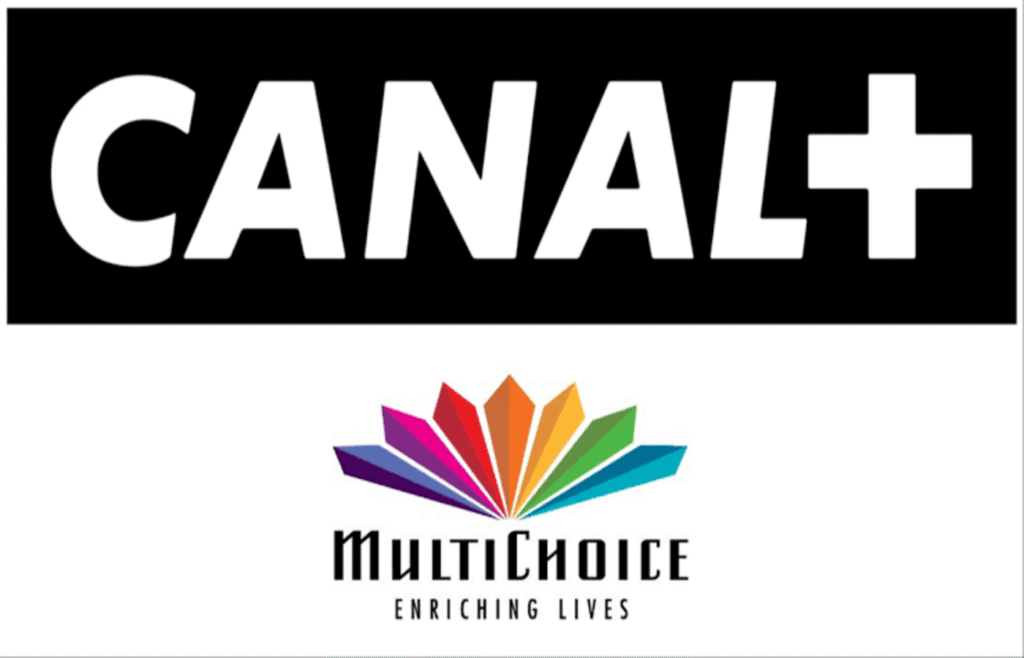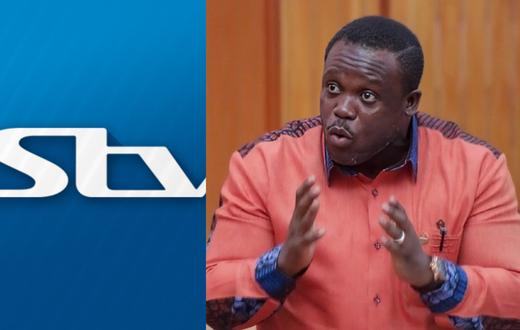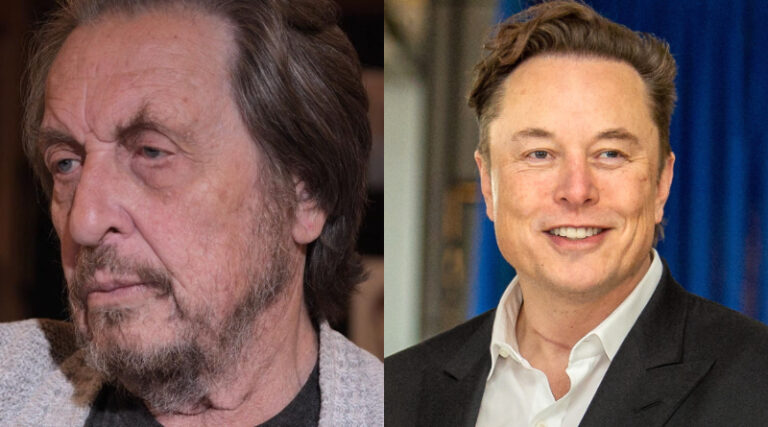French media powerhouse Canal+ has officially completed its $2 billion acquisition of MultiChoice Group, cementing its dominance in Africa’s pay-TV and digital entertainment markets.
The landmark deal, finalised last week, gives Canal+ effective control of the company behind DStv, Showmax, and SuperSport, reshaping the broadcasting landscape across the continent.

The acquisition hands Canal+ a massive subscriber base of more than 40 million customers across nearly 70 countries, elevating its profile as a global entertainment leader. With this expanded reach, Canal+ is now positioned to compete more aggressively with international streaming giants such as Netflix, Amazon Prime Video, and Disney+.
In South Africa, where broadcasting regulations restrict foreign ownership, MultiChoice has set up a locally controlled subsidiary known as “LicenceCo” to comply with legal requirements. This structural adjustment ensures that the group retains its broadcasting licence while Canal+ consolidates its operational and strategic control.
Leadership changes have quickly followed the merger. David Mignot has been appointed as CEO of Canal+ Africa, while Nicolas Dandoy steps in as Chief Financial Officer. Calvo Mawela, who previously led MultiChoice, has stepped down from his CEO role but will continue to serve as Chair of Canal+ Africa, providing continuity during the transition.
Industry analysts say the takeover brings both opportunities and challenges. On the positive side, Canal+ has pledged to invest heavily in local content production, with a focus on empowering historically disadvantaged groups in South Africa. The company has also committed to maintaining its strong portfolio in sports broadcasting, a key driver of subscriptions through SuperSport’s coverage of football, rugby, and cricket.
At the same time, the enlarged group will benefit from greater financial muscle to secure premium broadcasting rights and expand streaming services under Showmax, which is expected to be a major competitor in the African digital entertainment market. Canal+’s extensive European and international experience could also introduce innovative formats and wider distribution for African productions.
However, uncertainties remain around pricing strategies and consumer affordability. Analysts caution that while the merger may improve programming, African audiences could face rising subscription costs if Canal+ pursues aggressive revenue growth. Balancing profitability with accessibility will be a critical test for the new parent company.

For subscribers, the immediate impact is limited. Channel line-ups and subscription fees remain unchanged for now, with Canal+ indicating a gradual approach to integration. But over the long term, viewers can expect significant shifts in how television and streaming content are delivered, with potential expansions in local language programming and on-demand services.
The deal is widely regarded as one of the biggest shake-ups in Africa’s broadcasting history. It marks a turning point for MultiChoice, a company that has long dominated the continent’s pay-TV sector, and opens a new chapter under the stewardship of Canal+.
As the integration unfolds, the focus will be on how effectively Canal+ leverages its scale to enhance African entertainment while staying attuned to the unique needs and expectations of its diverse audiences.




